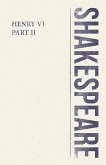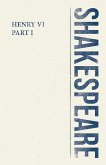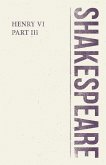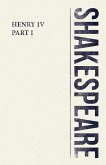A legal and readily available painkiller in the nineteenth century, laudanum was a source of both pleasure and pain for author Thomas De Quincey (17851859). After achieving overnight success with Confessions of an English Opium Eater, an impassioned account of his struggles with addiction, the author wrote the hypnotic prose poems of Suspiria de Profundis ("Sighs from the Depths"). Like Confessions, these short essays combined drug-induced visions with thought-provoking reflections on the nature of dreams, memory, and imagination.
With these books, De Quincey inaugurated the genre of addiction literature, a tradition furthered by Charles Baudelaire, William S. Burroughs, and a growing number of modern writers. Suspiria de Profundis continues to influence contemporary artists with the best known of its psychological fantasies, "Levana and Our Ladies of Sorrow," which centers on myths related to the Roman goddess of childbirth and was the source for the classic 1977 horror film Suspiria and its 2018 remake.
With these books, De Quincey inaugurated the genre of addiction literature, a tradition furthered by Charles Baudelaire, William S. Burroughs, and a growing number of modern writers. Suspiria de Profundis continues to influence contemporary artists with the best known of its psychological fantasies, "Levana and Our Ladies of Sorrow," which centers on myths related to the Roman goddess of childbirth and was the source for the classic 1977 horror film Suspiria and its 2018 remake.
Dieser Download kann aus rechtlichen Gründen nur mit Rechnungsadresse in A, D ausgeliefert werden.









